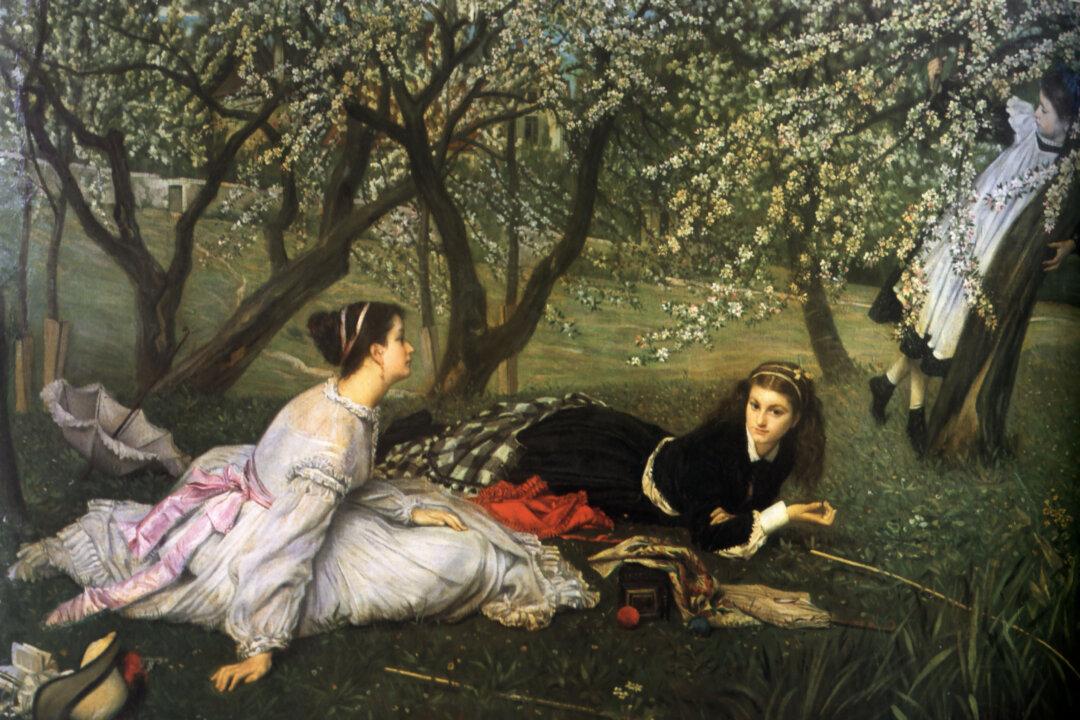Spring is in the air! As the weather heats up, trees bud, flowers bloom, and birds sing. Our world takes up the spirit of springtime, in which love and hope abide. A wonderful springtime spirit fills Booth Tarkington’s short story “The Spring Concert,” in which he portrays the promise that spring represents and the tune of love to which it dances.
As Mr. Allen approaches Mary and then crosses paths with Joe, Tarkington demonstrates how we determine our futures, and that everything about springtime radiates love.






